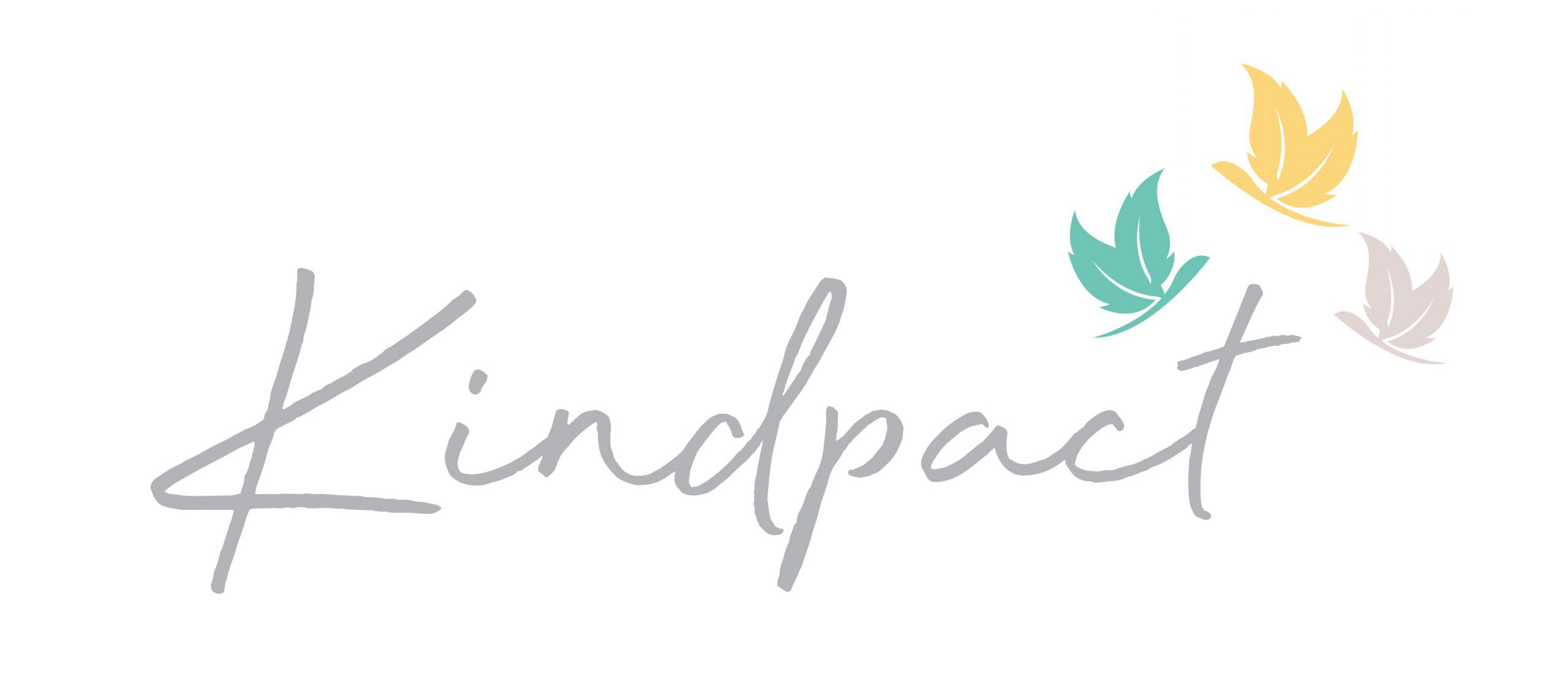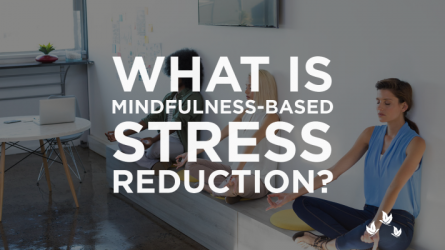Mindfulness is the state of being aware of your thoughts and sensations without reacting to them. This involves recognizing and experiencing the gap between your experience and your reaction to that experience. Self-compassion is the practice of actively responding to yourself with compassion, forgiveness, empathy and love. Mindfulness gives rise to acceptance of the experience while self-compassion provides care and love for the experiencer.
Mindful Self-Compassion thus involves becoming aware of our patterns of reactivity, acknowledging those which are harmful and give rise to destructive behavioral patterns and then switching out these patterns of negative reactions with reactions of self-compassion. Mindfulness helps you catch your inner negative harmful dialogue and self-compassion switches this dialogue to one that will actively benefit your mind and body. This practice can completely change the way you relate to yourself, paving the way to a happier, more fulfilling life.
History of MSC
MSC was developed by psychologists Chris Germer and Kristin Neff. Both Chris and Kristin have been practicing mindfulness meditation for many years. However, their personal struggles helped them see that it was necessary to add the element of self-compassion into their practice. Kristin struggled with the stress of bringing up an autistic child while Chris struggled with the anxiety of speaking in public. The shift from mindfulness to mindful self-compassion is an important one in dealing with difficult thoughts and emotions.
Chris and Kristin decided to formalize their practice by turning it into a structured curriculum. The first MSC program took place in 2010 and it was followed by controlled randomized trials and studies. The success of this program was soon recognized and today MSC is being taught by hundreds of instructors across the world.
Basic Components of MSC
A typical MSC program lasts 8 weeks with one session per week. MSC participants learn the practice through talks, meditations, exercises, discussions, videos and poetry. There are three primary components of MSC:
- Mindfulness: This is the practice of checking in with yourself and becoming aware of your sensations and thoughts. This includes recognizing your emotional state, the way your body feels, and the state of your breath.
- Common Humanity: Once you are aware of how you feel, the next step is to help yourself see that your situation is completely normal. This is the recognition that suffering is universal, mistakes are ordinary and everything you feel is completely appropriate and valid.
- Self-Kindness: The third element is to extend kindness to yourself in the way you would to a close friend or family member who is struggling. The practice of ho’oponopono, if extended to yourself, sums this element up perfectly – I’m sorry, please forgive me, thank you, I love you.
Benefits of MSC
Reduces stress and depression
When we encounter any situation that gives rise to negative reactions such as anger, grief, sadness or frustration, we activate the body’s stress response. When this stress response is triggered constantly over long periods of time, we can develop anxiety and chronic depression. The practice of mindfulness can help us become aware of the gap between our experience and our reaction to it, reducing the stimulation of the body’s stress response. Moreover, self-compassion can alter our reaction from a negative one to one that is loving and kind. This triggers the body’s parasympathetic nervous system which reduces stress, blood pressure, sadness and increases motivation, vitality, mental resilience and stability.
MSC can be used as a form of self-therapy for healing trauma
MSC can help you discover your inner therapist and can gently guide you through the process of understanding and releasing past trauma and difficult memories. For this however, you need to have a strong mindfulness practice so that you can view yourself and your experiences impersonally, critically and with complete self-honesty. Self-compassion can ease psychological distress while at the same time open us up to experiences where we may have felt the lack of love and compassion. This can be challenging but as the skill of MSC develops, practitioners can revisit old memories with equanimity, forgive their past selves, release stuck emotions and eventually improve the quality of their present life. It can become an effective, self-reliable form of therapy. However, please note that this is not an alternative for professional assistance.
Boosts resilience and self-reliance
MSC can change the way you relate to yourself and if developed, can become a powerful tool in coping with difficult circumstances. It helps you realize that you have the power to give yourself the care, forgiveness and love that you might look for from the outside world. It helps you develop a strong sanctuary of love and care within yourself that will make you less fearful of difficult circumstances. This will allow you to take more risks, live more fully and thrive in the face of uncertain and difficult times.
Increases the ability to extend compassion towards others
Individuals who are self-compassionate are able to move past self-pity, anger and narratives of victimhood. This makes them more forgiving and able to extend care and love to others. Self-compassion involves caring for oneself but this is not practiced in a self-indulgent manner. Extending empathy to oneself without pity or indulgence in harmful narratives increases one’s ability to understand and empathize with the internal lives of those around them.
This post may include affiliate links. Affiliate links provide us a small commission if you make a purchase from the link. Your support helps us making yoga, mindfulness, and stress reduction programs more accessible.
Resources and References
- Germer, C. K. (2009). The Mindful Path to Self-compassion: Freeing Yourself from Destructive Thoughts and Emotions. New York: Guilford Press.
- Beltzner, E. (2019). How to Tame the Tumbles: The Mindful and Cmpassionate Way. Ontario: Mosaic Press.
- Bennett-Goleman, T. (2001). Emotional Alchemy: How the Mind can Heal the Heart. New York: Three Rivers Press.
- Bluth, K. (2017). The Self-Compassion Workbook for Teens: Mindfulness and Compassion Skills to Overcome Self-Criticism and Embrace Who You Are. Oakland, CA: New Harbinger.
- Brown, B. (1999). Soul without Shame: A Guide to Liberating Yourself from the Judge Within. Boston: Shambala.
- Desmond, T. (2015). Self-Compassion in Psychotherapy: Mindfulness-Based Practices for Healing and Transformation. Norton.
- Feldman, C. (2005). Compassion: Listening to the cries of the world. Berkeley: Rodmell Press.
- Goldstein, E. (2015). Uncovering Happiness: Overcoming Depression with Mindfulness and Self-Compassion. New York: Simon & Schuster.
- Marlowe, S. (2016). My new best friend. Summerville, MA: Wisdom Publications.
- Rosenberg, M. (2003). Nonviolent Communication: A Language of Life. Encinitas, CA: Puddledancer Press.
- Pollak, S. (2019). Self-Compassion for Parents: Nurture your Child by Caring for Yourself. New York: Guildford Press.



